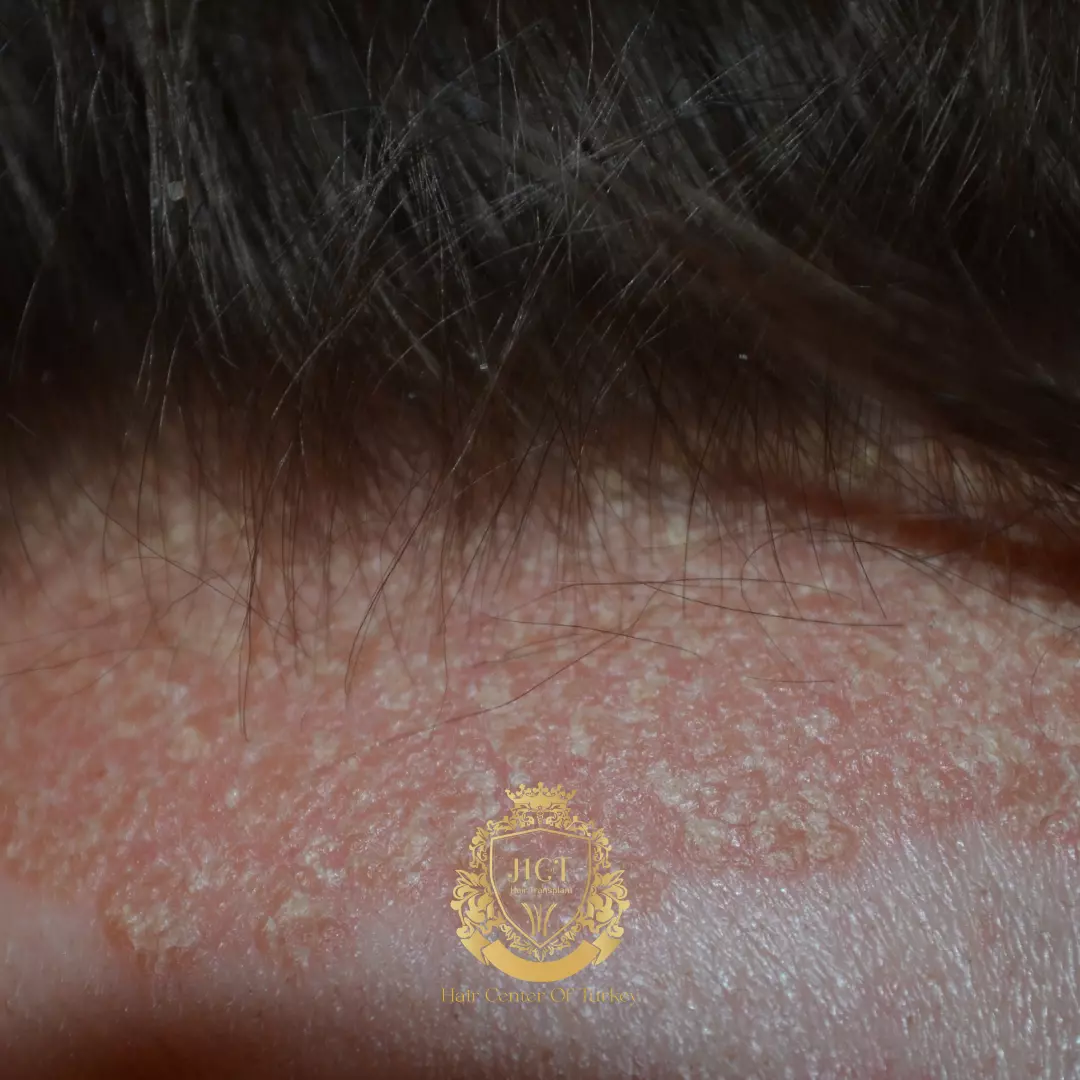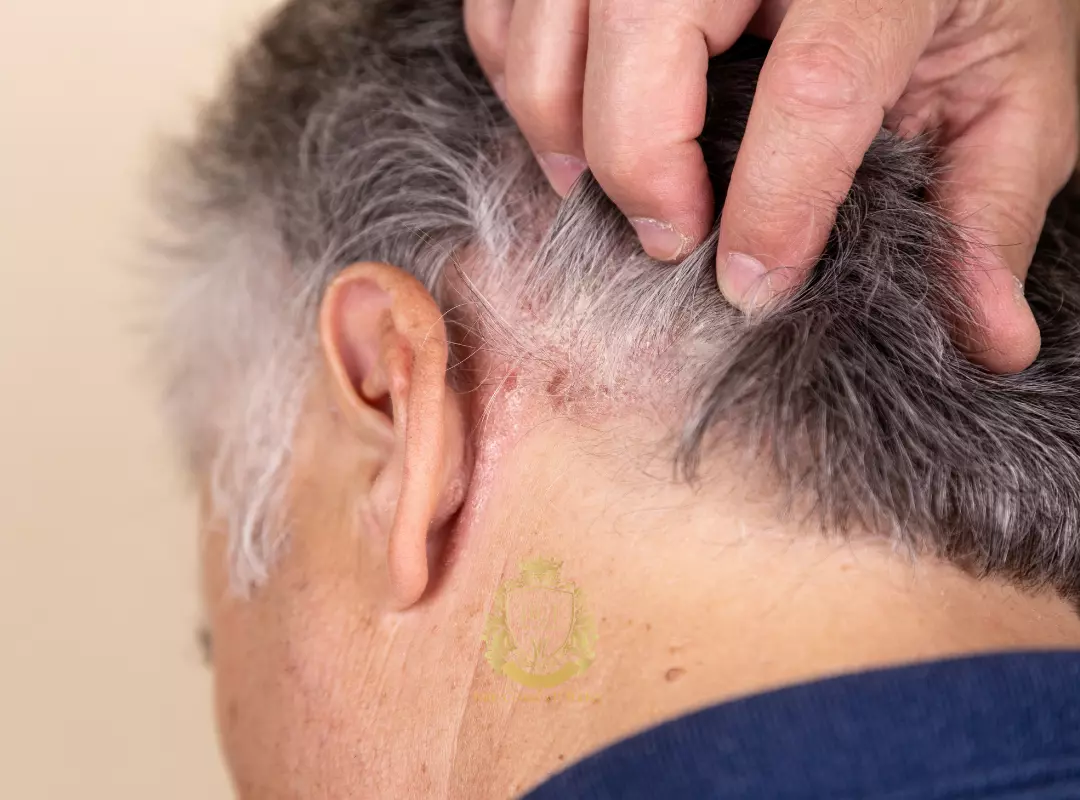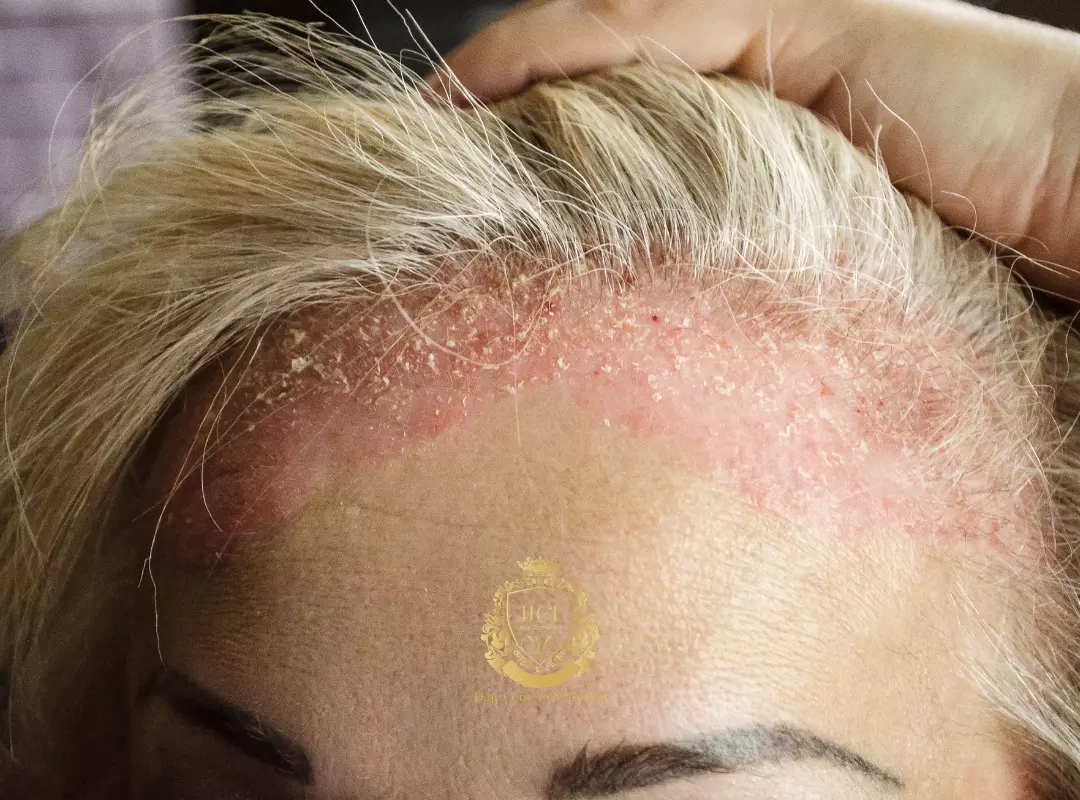
What Can Soothe Your Scalp: Tips For Tackling Scalp Eczema
Scalp eczema is an umbrella term for itchy, inflamed, flaky scalp skin—often caused by seborrheic dermatitis, atopic eczema, contact allergy, or sometimes a fungal/irritant issue. Relief usually comes from gentle cleansing, regular moisturising, anti-dandruff actives (like ketoconazole or zinc pyrithione), and avoiding triggers such as fragranced products and stress.
An irritated scalp can feel relentless: itching, tightness, redness, and flakes that keep coming back. The good news is that many cases improve with a steady routine and the right ingredients. This guide covers common causes, practical soothing options, and signs it’s time to get medical advice.
Table of Contents
Common Symptoms Of Scalp Eczema
Symptoms vary, but most people notice a combination of itch, visible scaling, and sensitive skin. Flares can come and go, often worsening in winter, during illness, or with stress.
- Itching or burning, sometimes worse at night
- Red or darker irritated patches (the colour can look different depending on skin tone)
- Flaking that can resemble dandruff (white, grey, or yellowish scales)
- Tenderness, weeping, or crusting during more intense flares
- Temporary hair shedding from scratching or inflammation (hair usually regrows once the flare settles)

What Causes Scalp Eczema?
“Scalp eczema” isn’t a single diagnosis. It’s a description of inflammation that can have different causes, and the best treatment depends on which type you have.
Common Conditions Behind Scalp Eczema
Seborrheic dermatitis: Often linked to an inflammatory reaction to Malassezia yeast on the scalp. It typically causes greasy scale and redness.
Atopic dermatitis (eczema): More common in people with a personal or family history of eczema, asthma, or hay fever. The scalp may feel very dry and itchy.
Contact dermatitis: Triggered by an irritant or allergy—commonly fragrance, essential oils, hair dye ingredients, preservatives, or certain shampoos.
Psoriasis (look-alike): Not eczema, but it can mimic it. Psoriasis often forms thicker, well-defined plaques and may affect elbows, knees, or nails too.

Triggers And Risk Factors
Even with the same diagnosis, triggers differ from person to person. Spotting your pattern can reduce flare frequency.
- Stress and poor sleep
- Cold, dry weather and indoor heating
- Sweat and occlusion (hats, tight headwear, heavy styling products)
- Overwashing or harsh cleansing that strips the scalp barrier
- Skipping washes if seborrheic dermatitis is the main driver (oil buildup can worsen scaling)
- New products: fragrance, strong essential oils, dyes, alcohol-heavy styling sprays
- Hormonal shifts and certain medical conditions that affect the immune system
What Can Soothe Your Scalp At Home?
Home care works best when it’s gentle and consistent. Aim to calm inflammation, reduce scale, and protect the skin barrier without over-scrubbing.
1) Switch To A Scalp-Friendly Cleansing Routine
Wash with lukewarm water and massage lightly with fingertips (not nails). If you have heavy scale, leaving shampoo on the scalp for 3–5 minutes before rinsing can help.
If dandruff-like flakes are prominent, rotate an anti-dandruff shampoo 2–3 times per week with a gentle, fragrance-free shampoo. Useful active ingredients include ketoconazole, ciclopirox, selenium sulfide, salicylic acid, or zinc pyrithione.
2) Moisturise The Scalp Barrier
Dryness makes itching feel louder. After washing, apply a light, non-fragranced scalp moisturiser or emollient. If you prefer oils, use a small amount and wash it out thoroughly so it doesn’t trap heat or worsen yeast-driven flaking.
- Mineral oil or squalane: usually low irritation for sensitive skin
- Coconut or olive oil: can soften scale, but may not suit everyone with seborrheic dermatitis
- Argan oil: lightweight and often well tolerated on dry ends; keep it off inflamed patches if it stings
3) Try Aloe Vera For Short-Term Comfort
Pure aloe vera gel can feel cooling and may reduce irritation for some people. Patch test first on the inner arm, and avoid products with added fragrance or alcohol that can sting.
4) Use Tea Tree Oil With Caution
Tea tree oil has antimicrobial properties, but it’s also a common irritant and allergen. If you use it, dilute it heavily in a carrier oil and stop immediately if you notice burning, worsening redness, or more itch.
5) Support Your Skin From The Inside
Diet won’t “cure” eczema, yet inflammation and skin barrier health are influenced by overall nutrition. A practical baseline is steady hydration, enough protein, and foods rich in omega‑3 fats.
- Omega‑3 sources: oily fish, chia seeds, walnuts, and flax
- Fermented foods: yoghurt, kefir, kimchi, and sauerkraut (if tolerated)
- Colourful fruit and veg for antioxidants
When To See A Clinician
Get medical advice if symptoms are severe, spreading, or not improving after a few weeks of consistent care. You should also seek help if you have pain, pus, a fever, or swollen lymph nodes, as these can signal infection.
A clinician may recommend prescription topical steroids, calcineurin inhibitors, antifungal treatments, or patch testing for allergy triggers. If psoriasis or another condition is suspected, diagnosis matters because treatment differs.
FAQ
How to soothe scalp eczema?
Use gentle shampoo, moisturize, and short courses of topical steroids or antifungal shampoo.
What flares up scalp eczema?
Stress, cold weather, sweating, harsh products, fragrances, and scratching commonly trigger flares.
What is the 3 minute rule for eczema?
Moisturize within 3 minutes after bathing to trap water in the skin.
What is the root cause of scalp eczema?
Skin-barrier dysfunction and inflammation; on the scalp, Malassezia yeast often contributes.
What vitamin deficiency causes scalp eczema?
No single vitamin deficiency causes it; low vitamin D may worsen eczema.
What are 10 trigger foods for eczema?
Common triggers include dairy, eggs, wheat, soy, nuts, fish, shellfish, sesame, citrus, tomatoes.
Does scalp eczema ever go away?
It can remit for long periods, but often recurs; treatment controls flares.
What to avoid with scalp eczema?
Avoid hot water, fragranced products, harsh shampoos, alcohol-based lotions, and picking or scratching.
Is coconut oil good for scalp eczema?
It can moisturize, but may irritate or clog follicles; patch-test and stop if worse.




